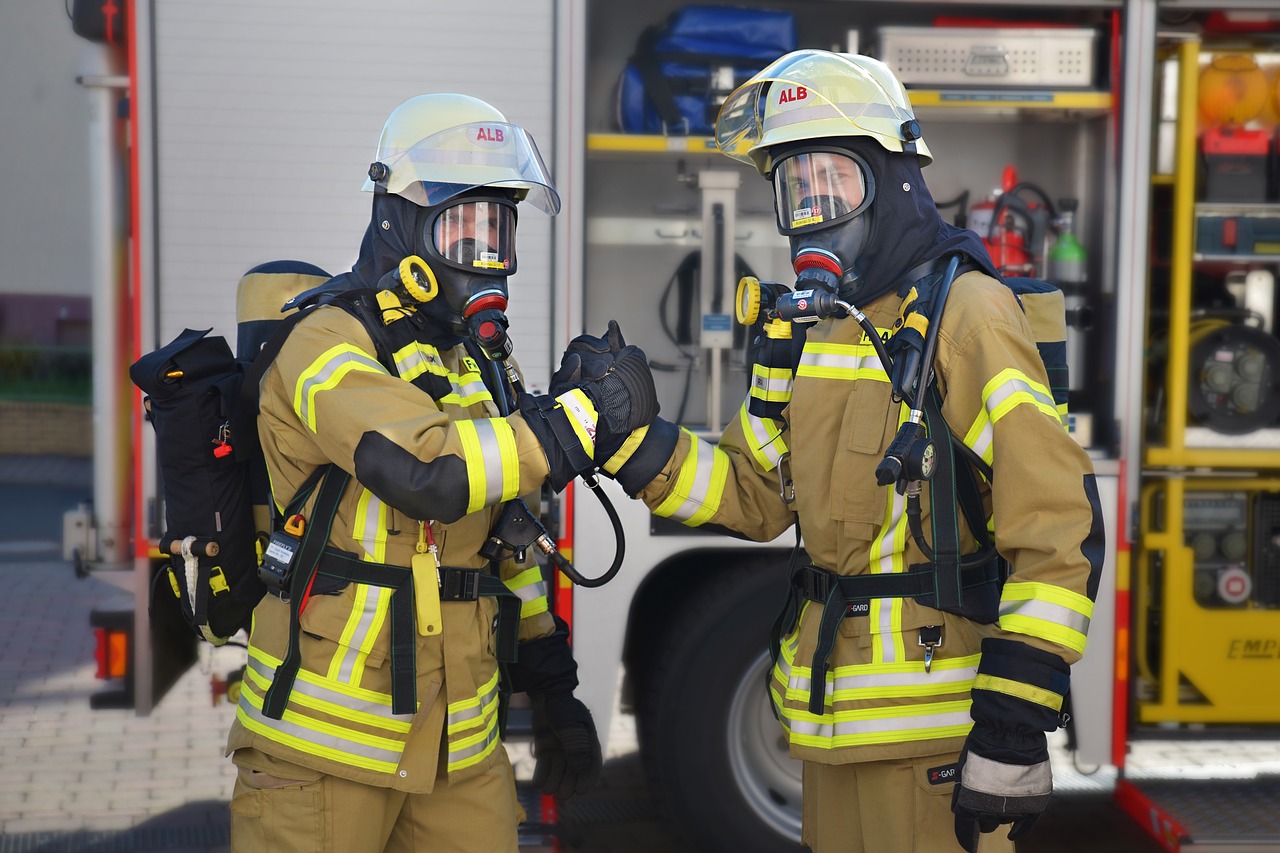Training volunteer firefighters on ethical decision-making is crucial for maintaining integrity and trust within the department. It not only ensures that members uphold ethical standards but also prepares them to make sound judgments in high-pressure situations. In this blog post, we will discuss some effective strategies for implementing ethical decision-making training in your volunteer fire department, helping to cultivate a culture of accountability and professionalism among your team.
Key Takeaways:
- Develop a Structured Training Program: Implementing ethical decision-making training requires the development of a structured program that outlines core principles, scenarios, and strategies for addressing ethical dilemmas in the volunteer fire department.
- Engage in Interactive Workshops: Conduct interactive workshops and training sessions that encourage volunteers to actively participate in discussions, role-playing activities, and case studies to enhance their understanding of ethical decision-making processes.
- Encourage Ongoing Communication: Foster a culture of open communication within the volunteer fire department to ensure that ethical concerns are addressed promptly and effectively. Encourage volunteers to voice their opinions and seek guidance when faced with ethical dilemmas.
Preparing for Ethical Decision-Making Training
Understanding the Ethical Challenges Faced by Volunteer Firefighters
Firefighters in the volunteer fire department often face unique ethical challenges due to the nature of their work. They may encounter situations where they have to make quick decisions under pressure, prioritize resources, or navigate conflicts of interest. Understanding these challenges is crucial for developing effective ethical decision-making training.
Identifying Key Ethical Principles for Fire Service
With a deep understanding of the ethical challenges faced by volunteer firefighters, it is vital to identify the key ethical principles that should guide their actions. Honesty, integrity, accountability, respect for others, and prioritizing the safety and well-being of the community are some of the fundamental ethical principles that should be emphasized in the fire service.
Training sessions should focus on real-life scenarios and case studies that require firefighters to apply these ethical principles in their decision-making process. By providing practical examples and scenarios, firefighters can better understand how to navigate complex ethical dilemmas they may encounter in the line of duty.
Designing the Training Program
Tips for Creating an Engaging Curriculum
Any successful training program begins with a well-designed and engaging curriculum. To create an effective curriculum for ethical decision-making training in the volunteer fire department, consider the following tips:
- Identify key learning objectives and outcomes
- Incorporate real-life scenarios and case studies
- Utilize a variety of teaching methods, such as group discussions, role-playing, and hands-on activities
This will ensure that firefighters are actively engaged and can apply ethical decision-making skills in their day-to-day operations.
Factors to Consider for Effective Learning Environments
While designing the training program, it is crucial to consider various factors that contribute to an effective learning environment. Factors to consider include:
- The physical setting and resources available
- The level of participant engagement and interaction
- The delivery method and timing of the training
Creating a conducive learning environment will enhance the retention and application of ethical decision-making principles among firefighters. Perceiving the importance of these factors will enable you to design a training program that is both effective and engaging.
Implementing the Training
Strategies for Maximizing Participation and Retention
Participation is key to the success of the ethical decision-making training in the volunteer fire department. To maximize participation and retention, consider implementing a reward system for volunteers who actively engage in the training sessions. Additionally, scheduling training sessions at convenient times and providing ample notice can help ensure a higher turnout.
Incorporating Real-World Scenarios and Role-Play
Assuming real-world scenarios and role-play exercises into the ethical decision-making training can provide volunteers with practical experience in applying ethical principles to challenging situations they may face in the field. By immersing participants in realistic scenarios, they can develop critical thinking skills and enhance their ability to make ethical decisions under pressure.
Strategies for incorporating real-world scenarios and role-play exercises may include creating scenarios based on past incidents within the department, simulating emergencies during training drills, and debriefing sessions to discuss the ethical implications of each scenario.
Evaluating and Refining the Ethical Decision-Making Training
Methods for Assessing Training Effectiveness
Despite the importance of ethical decision-making training in the volunteer fire department, it is crucial to regularly assess its effectiveness. The
Tips for Continuous Improvement and Ongoing Support
The evaluation process should include gathering feedback from participants, conducting pre- and post-training assessments, and observing the application of ethical principles in real-life scenarios. These methods will help in identifying any gaps in knowledge or understanding and allow for necessary adjustments to be made.
- Encourage open communication channels for volunteers to share their experiences and challenges.
- Provide ongoing support and resources to reinforce the training and address any emerging ethical dilemmas.
Some additional tips for continuous improvement and ongoing support include implementing regular refresher courses, establishing mentorship programs, and organizing case study discussions to keep ethical decision-making at the forefront of volunteers’ minds.
- Ensure that training materials are updated regularly to reflect current ethical standards and best practices.
- Offer opportunities for volunteers to engage in ethical decision-making simulations to enhance their skills and confidence in handling complex situations.
Plus, fostering a culture of transparency, accountability, and ethical leadership within the volunteer fire department will further support continuous improvement efforts and ensure that ethical decision-making remains a priority for all members.
Final Words
Ultimately, implementing ethical decision-making training in the volunteer fire department is crucial for ensuring the safety, trust, and integrity of the organization. By providing firefighters with the tools and knowledge to navigate complex ethical dilemmas, leaders can cultivate a culture of transparency, accountability, and respect within the department. Through consistent training sessions, real-life scenarios, and open discussions, volunteers can develop the skills needed to make sound ethical decisions in high-pressure situations. Investing in ethical decision-making training not only enhances individual moral reasoning but also strengthens the overall ethical fabric of the volunteer fire department. It is imperative that leaders prioritize ethical training as a cornerstone of professional development to uphold the values and standards of the organization.


